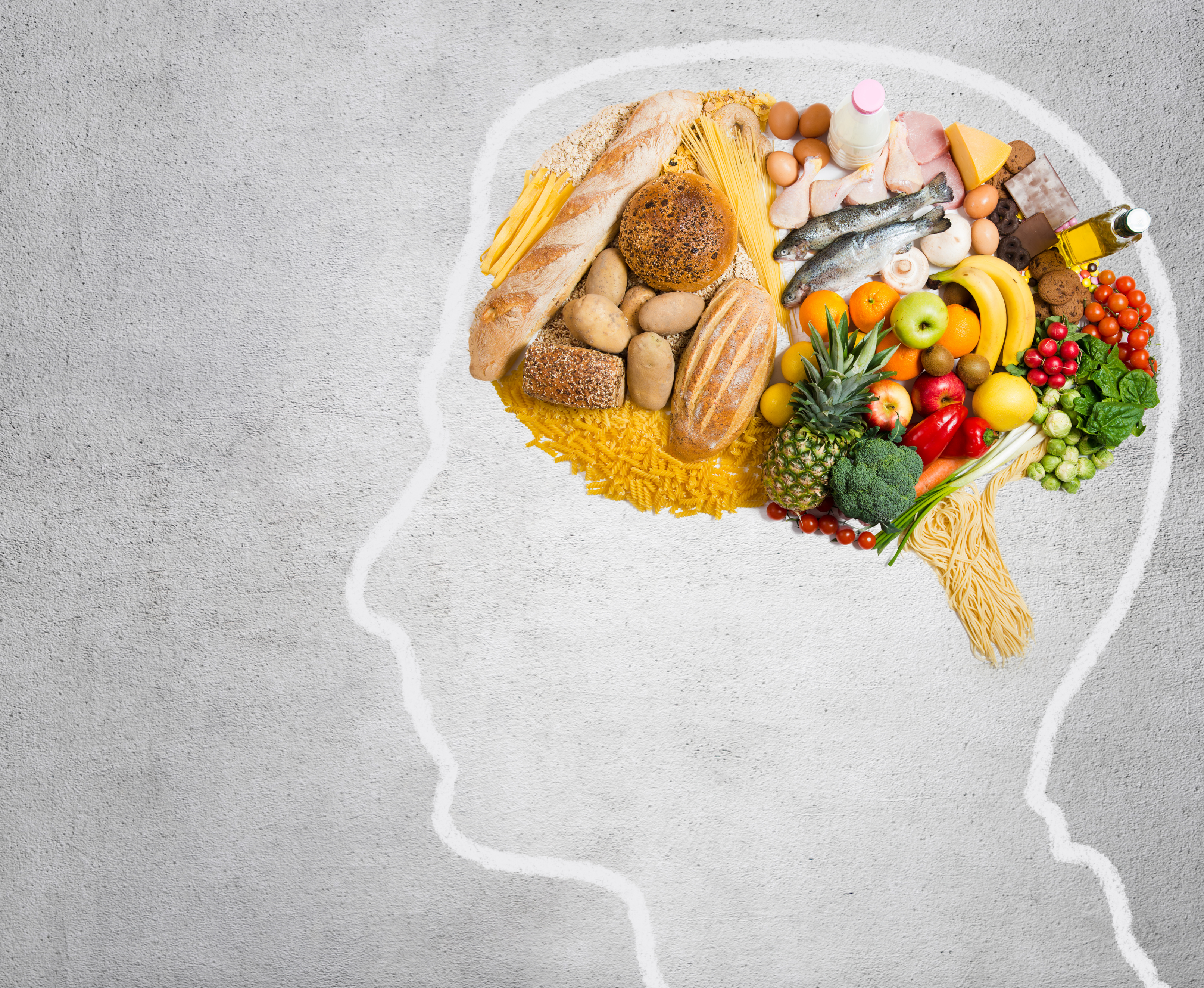Food and mood: what’s the link?
by Ellen Hart, LiveLighter Campaign Senior Coordinator
- October 7, 2021
- Leave a comment

Mental Health Week is celebrated each year in October around World Mental Health Day on October 10. It aims to promote mental wellbeing in the community by raising awareness of mental health issues, providing tips for self-care, reducing the stigma associated with seeking support and encouraging us all to look out for one another. This year, Mental Health Week in Western Australia will run from 9 - 16th October.
Keeping our mind healthy is something we can work on each day. It’s an important part of our overall health, allowing us function well, have meaningful social connections, positive self-esteem and be able to cope with change. This is relevant to everyone, whether you have a diagnosed mental health condition or just experience the normal ups and downs of life.
Around 1 in 5 adults (4 million people) in Australia experience a diagnosed mental health condition each year, the most common being anxiety-related conditions, substance use disorders and depression. Almost half of the Australian population will experience a diagnosed mental health condition at some point in their lives.
Mental and physical health go hand in hand. We are beginning to understand more and more about how our mind and body are connected and can impact each other, for better or worse.
- The way we feel can influence how we take care of ourselves physically, e.g. if we are feeling down we may not feel like moving, cooking or eating like we usually do
- Mood can also influence the way our body functions, which can change our risk of developing ‘body-based’ illnesses like heart disease and type 2 diabetes. E.g. chronic stress changes our hormones and can affect heart health.
- The way we take care of ourselves physically (e.g. what we eat, whether we exercise and how we socialise) can impact our mood.
Excitingly, scientific research into what we eat and how it’s linked to our risk of developing mental health conditions and our mental wellbeing is growing. Food and diet is also being looked at to see if it affects the severity of symptoms in people who do experience mental health conditions.
While there is still more to learn, researchers have been able to tease out some of the ways in which diet can alter our physiology, and the impact that this may have on mood.
Chronic inflammation
Diets that are high in junk food and low in the nutrients we get from healthy foods (in particular fibre, omega-3 fatty acids and antioxidants) can push the body into a state of chronic inflammation. Inflammation is an important body process that is used in the short-term to protect us from invading microbes. However, it’s not healthy for our body to be in a state of inflammation all the time.
Chronic inflammation has been linked not only to physical illnesses like heart disease, but also to mental health conditions, most notably depression.
Brain structure
Some research has linked an unhealthy diet to changes in the structure of the brain. A recent study found that a diet low in nutrient-dense foods and high in unhealthy foods was associated with a smaller hippocampus. The hippocampus is a part of the brain that plays a key role in mood regulation.
Gut microbiome
Related to all this is the impact of unhealthy diets, particularly a low intake of fibre, on our gut microbiome. You may have heard about the gut microbiome before, it refers to the trillions of bugs that live inside our gut, interact with our immune system and have been linked to many different areas of health. While the science in this area is still new, and some of the claims currently being made go beyond the evidence, there is some research to suggest that the gut microbiome plays a role in our mood. Our gut bacteria’s favourite food is fibre, so adding sources of fibre like wholegrains, fruits and vegetables, legumes, nuts and seeds, will help support a healthy gut microbiome.
The take home
Looking after our mind is just as important as looking after our body. We’ve got some practical ideas about how to eat your way to better mental health over here - and the good news is that it’s a style of eating that has loads of other benefits too! While it’s not possible to fully protect ourselves against mental health issues and conditions, making small changes to our food and movement habits can reduce our risk of developing mental health issues and can help us to manage the symptoms.
It’s important to seek support from your GP if you are concerned about your mental health or have ongoing feelings of sadness, anxiety or worrying thoughts that are affecting your ability to go about your daily life. Your GP will be able to talk through your options with you.
For more information on mental health and wellbeing click here.







